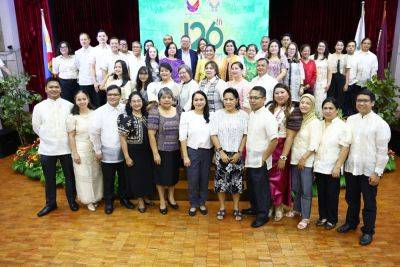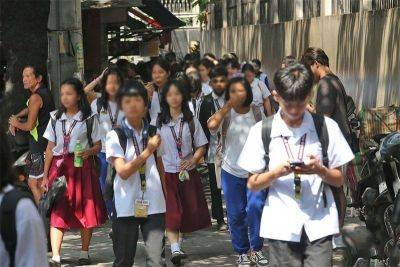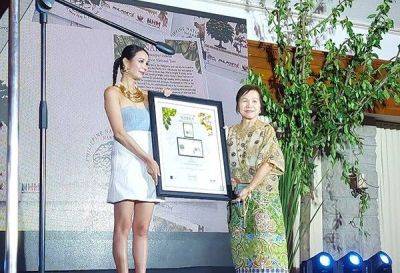Rebranding Phl
On the 126th anniversary of Philippine independence which gave rise to Asia’s first republic, the Ferdinand Romualdez Marcos Jr. administration launched a massive rebranding. Henceforth, the six years of his presidency, June 30, 2022-June 30, 2028, will be known as the Ang Bagong Pilipinas (the New Philippines).
There is a new hymn, “Ang Bagong Pilipino, Ang Bagong Pilipinas,” and a new pledge. It’s time for change, it’s time for reform. Patronize what is ours. Fix what needs to be fixed. Change is for progress. Do the right thing. Strive for excellence, in every field. Each triumph we offer to our beloved country. So the hymn goes.
Hard to argue against the need for change in the Philippines.
In a previous column, I said the three biggest problems of the Philippines are: 1) a food shortage, at least 25 percent of demand; 2) a job shortage, equivalent to 1.5 million jobs a year and 3) an investment shortage. Those three problems, in turn, are exacerbated by two equally big problems – corruption and red tape.
For nearly everything Filipinos must do, they must get a permit. That includes getting married, an electricity connection, a water line, building a house or putting up a business.
Perhaps, the only thing that doesn’t require a permit is peeing in public. It is against the wall. Not against the law. Did you know that 15 million Filipinos have no toilets?
Among the six biggest members of the ASEAN, the Philippines received the smallest foreign direct investments (FDI), $8.9 billion in 2023, down for the second consecutive year. Investments, measured by gross domestic capital formation, is declining as a percentage of GDP or total economic production.
For the Philippines to catch up with its fast growing ASEAN neighbors like Thailand, Malaysia and Vietnam, it must generate $2 trillion in domestic and foreign investments over the next ten years (or by $200 billion per year) and grow the economy by 10 percent per year. Instead of investing $200 billion per year, we are doing, at best, only $45 billion, per year – $35 billion in domestic investments and $10 billion in FDI.
Inequality is so bad only 100 families have ruled the Philippines’ economy and politics in







